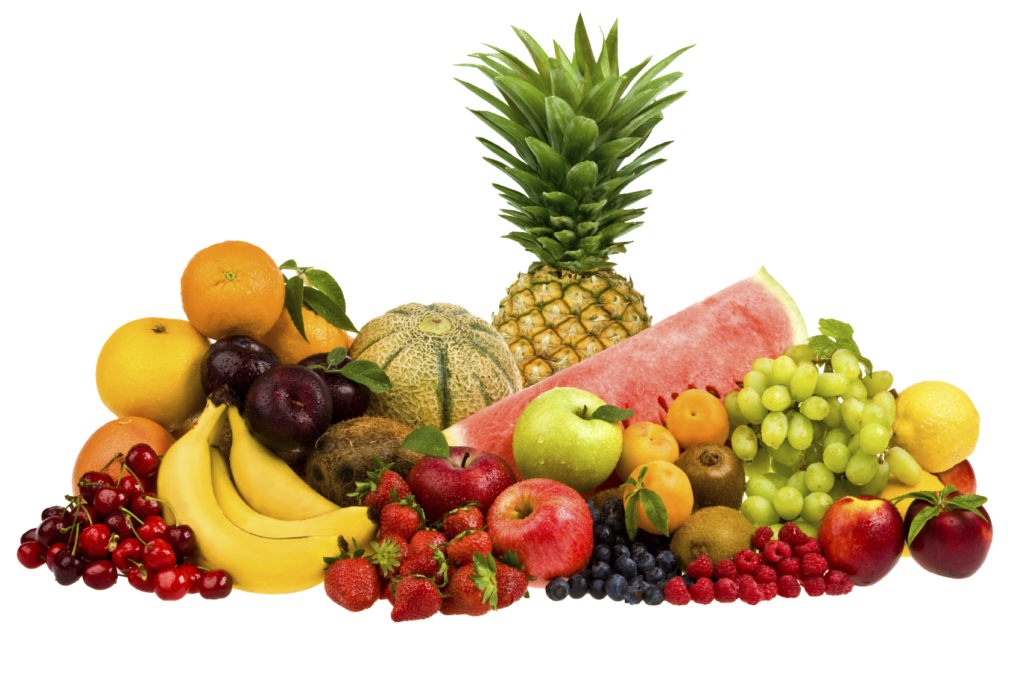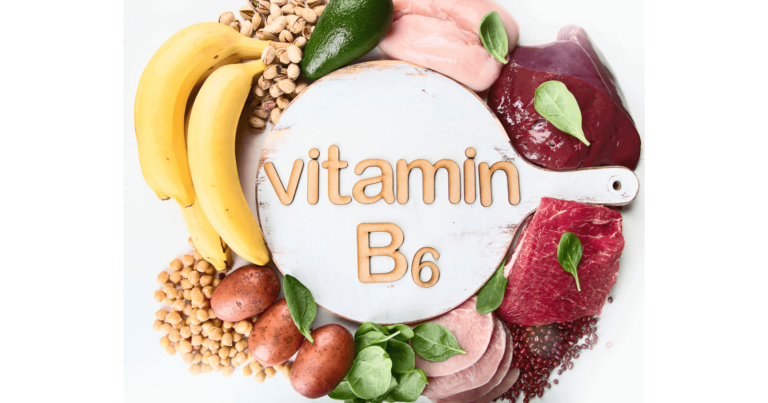

Reaching for the fruit bowl more often could help keep your weight from creeping higher.
A recent study analyzing changes in dietary patterns over a period of time revealed that people who consumed more servings of fruit than they did 6 years prior were least likely to have gained weight among the groups studied. Keep apples, oranges, plums, and pears on hand as ready companions to your weight-maintenance efforts.
Eating a diverse diet that includes 4 servings of fruit per day can make your real age as much as 4 years younger.
Researchers estimate that as much as two-thirds of the U.S. population may be overweight and one-third may be obese. Making healthier food choices over time, such as eating more fruit and decreasing fat intake, may help you avoid an expanding waistline. Whole fruit is a low-calorie treat that is high in antioxidants and important nutrients. Many kinds of fruit also are high in fiber, a substance that the body digests slowly. This can help curb your appetite and help you feel fuller longer. Other waist-slimming secrets include limiting portion sizes with measuring cups and scales, eating four or five small meals throughout the day to avoid becoming overly hungry, and expending more calories than you take in by gradually boosting the amount of walking you do each day.
Modifications in food-group consumption are related to long-term body-weight changes. Drapeau, V., Despres, J. P., Bouchard, C., Allard, L., Fournier, G., Leblanc, C., Tremblay, A., American Journal of Clinical Nutrition 2004 Jul;80(1):29-37.


Don’t overlook the B vitamins, especially if you have an occasional glass of wine.
In a recent study, women who consumed the most vitamin B6 had a 34 percent lower risk of colon cancer than women who consumed the least B6. The benefits appeared particularly great for women who drank two or more alcoholic drinks per week. Good choices for vitamin B6 include skinless chicken and turkey, bananas, and tomato paste.
Consuming 4 milligrams of vitamin B6 per day from food or supplements can make your RealAge as much as 1 year younger.
Your body needs vitamin B6 to synthesize DNA, red blood cells, and the brain chemical serotonin, as well as to perform many other functions. Lack of vitamin B6 may cause irritability and depression. A recent study reveals vitamin B6 may decrease cancer risk, too. In a study of over 61,400 Swedish women between the ages of 40 and 76, the women with the highest vitamin B6 intake were less likely to develop colon cancer over the next 7 to 10 years. Because alcohol consumption is linked with lower levels of this crucial vitamin, getting enough vitamin B6 may be especially important for women who drink two or more alcoholic beverages per week. However, vitamin B6 intake is important for both drinkers and nondrinkers. If you’re concerned about your colon health, eat no more than one serving of red meat per week, eat plenty of fruits and vegetables, exercise regularly, and follow the colon cancer screening schedule recommended by your healthcare provider.
Vitamin B6 intake, alcohol consumption, and colorectal cancer: a longitudinal population-based cohort of women. Larsson, S. C., Giovannucci, E., Wolk, A., Gastroenterology 2005 Jun;128(7):1830-1837.

For optimal nutrition, don’t let your spinach sit around too long before you eat it.
Packaged spinach can lose as much as half of its health-boosting carotenoids and folate in as few as 4 days after you bring it home from the market, research shows. This is true even if the spinach is refrigerated. Try to eat fresh spinach within a day or two of purchase.
Eating a diverse diet that includes 5 servings of vegetables per day can make your RealAge as much as 4 years younger.
Although fresh spinach may lose much of its nutrition in as few as 4 days after purchase, spinach that is frozen and packaged soon after harvesting will retain much of its nutritional value. Eating fresh or frozen fruits and vegetables is a great way to load up on health-boosting vitamins, minerals, antioxidants, and phytochemicals. Leafy greens such as spinach are a great source of folate, a B vitamin that protects the heart by reducing homocysteine levels. Folate is important for the synthesis of DNA, too, making it crucial for pregnant women. Spinach also provides a significant dose of carotenoids, a class of powerful antioxidants.
Ref: Retention of folate, carotenoids, and other quality characteristics in commercially packaged fresh spinach. Pandrangi, S., LaBorde, L. F., Journal of Food Science 2004 November/December 69(9):C702-C707.

Sulforaphane, the cancer-fighting nutrient found in broccoli, needs a tender touch when cooking.
Sulforaphane may help fight cancer by increasing detoxification enzyme activity, and cooking broccoli stimulates production of this powerful nutrient. However, research shows that heating broccoli to over 158 degrees Fahrenheit will decrease levels of sulforaphane, so steam broccoli lightly to about 140 degrees.
Eating a diverse diet that includes 5 servings of vegetables per day can make your real age as much as 4 years younger.
Avoid microwaving or boiling broccoli, which can deplete this vegetable of important nutrients. Lightly steaming it to 140 degrees Fahrenheit will produce the most cancer-fighting sulforaphane and also help preserve other nutrients, such as vitamin C, folate, and flavonoids. However, opposite cooking rules may apply to broccoli sprouts. Although high heat (158 degrees and above) decreases sulforaphane in broccoli, it stimulates sulforaphane production in broccoli sprouts. Maximizing your nutrients with the right cooking methods is only one small part of healthy living. To live younger longer and help reduce your cancer risk, don’t smoke, eat a diverse diet with a variety of antioxidant-rich fruits and vegetables, get plenty of physical activity, and follow your healthcare provider’s advice regarding regular medical screenings.
Ref: Heating decreases epithiospecifier protein activity and increases sulforaphane formation in broccoli. Matusheski, N. V., Juvik, J. A., Jeffery, E. H., Phytochemistry 2004 May;65(9):1273-1281.

Breathe easier by munching on fruit for your lungs.
Eating a couple of apples per week could reduce the risk of developing asthma and improve overall lung function, new research has revealed. Apples contain a variety of health-promoting phytochemicals, including quercetin, which may be the reason for the lung-boosting benefits.
Getting the right amount of antioxidants through diet or supplements can make your RealAge 6 years younger.
For a healthy snack, try dipping sliced apples into honey or peanut butter. Spritz a bit of lemon juice onto your apple slices to keep them from turning brown. Also, be sure to leave the peels on. Apple peels contain approximately 2 to 6 times more phenolic compounds than the apple flesh. Apple peels contain more flavonoids as well. The list of health-promoting compounds in apples is long. It includes quercetin, catechins, gallic acid, and other phytochemicals. Apples also are an excellent source of fiber. In addition to reducing the risk of asthma and improving lung function, apples also have been shown to help lower cholesterol, prevent lipid oxidation, and inhibit cell proliferation. Eat a variety of fruits and vegetables to ensure you get a diverse array of vitamins and health-boosting phytochemicals in your diet, and make sure apples are part of the mix.
Apple phytochemicals and their health benefits. Boyer, J., Liu, R. H., Nutrition Journal 2004 May 12;3(1):5.